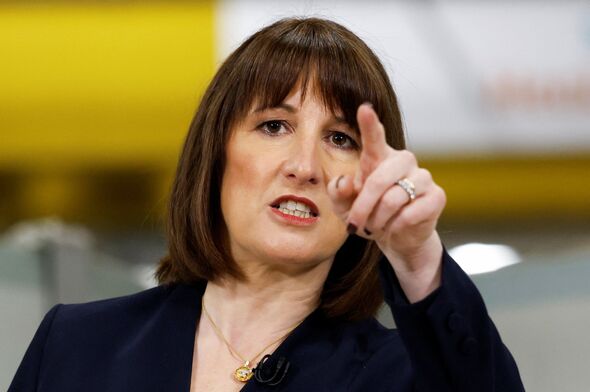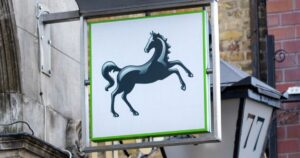
The Treasury has delivered its response to an important proposal that could benefit the UK’s lowest earners, as a substantial public demand for action gains momentum. A significant online petition, which has garnered the support of 161,218 people on the Parliament website, calls on Chancellor Rachel Reeves to boost the personal income tax allowance from £12,570 to £20,000.
This allowance has been locked in place since 2021, drawing increasing numbers of low-wage workers into the tax net through ‘fiscal drag’.
At present, individuals earning over £12,570 are subject to a 20 per cent tax rate on their earnings. Following the surge in support, crossing the crucial 100,000 signatures mark, the petition is now scheduled for debate in the House of Commons, compelling the government to clarify its stance on the matter raised.
Created by Alan Frost, the petition demands government action to: “Raise the income tax personal allowance from £12,570 to £20,000. We think this would help low earners to get off benefits and allow pensioners a decent income.
“We think it is abhorrent to tax pensioners on their state pension when it is over the personal allowance. We also think raising the personal allowance would lift many low earners out of benefits and inject more cash into the economy creating growth.”
The Treasury has now made it clear that there will be no additional support for workers in the form of tax relief, with officials stating: “The Government is committed to keeping taxes for working people as low as possible while ensuring fiscal responsibility.
“The Government is committed to keeping taxes for working people as low as possible while ensuring fiscal responsibility and so, at our first Budget, we decided not to extend the freeze on personal tax thresholds.”
Moreover, it confirmed, “The Government has no plans to increase the Personal Allowance to £20,000. Increasing the Personal Allowance to £20,000 would come at a significant fiscal cost of many billions of pounds per annum. This would reduce tax receipts substantially, decreasing funds available for the UK’s hospitals, schools, and other essential public services that we all rely on. It would also undermine the work the Chancellor has done to restore fiscal responsibility and economic stability, which are critical to getting our economy growing and keeping taxes, inflation, and mortgages as low as possible.”
“The Government keeps all taxes under review as part of the policy making process. The Chancellor will announce any changes to the tax system at fiscal events in the usual way.”
Taxpayers across the UK have been facing a stealthy form of tax increase since 2021, as the thresholds for income tax have remained static. The basic rate of 20% tax kicks in at £12,570, and individuals start paying at a 40% rate once they earn over £50,270 – with no changes in sight since the freeze commenced.
Forecasters are suggesting that by the end of this hold in 2028, the Treasury will be bolstered by an additional £1.2 billion. This phenomenon, termed ‘fiscal drag’, results in more people getting caught in the tax net or shunted into higher brackets.
Analysts are raising concerns that keeping the lower limit unchanged is particularly burdensome for lower-earning segments. Economic pundit Victor Bulmer-Thomas expressed his take on the matter in an LSE blog post, noting the disproportionate effect on less affluent individuals: “The distributional impact of this particular stealth tax may come back to bite the administration that imposed it. The reason is that the impact is much more severe on those on lower incomes than those on higher ones.”
For those interested in viewing the petition, click here.


















